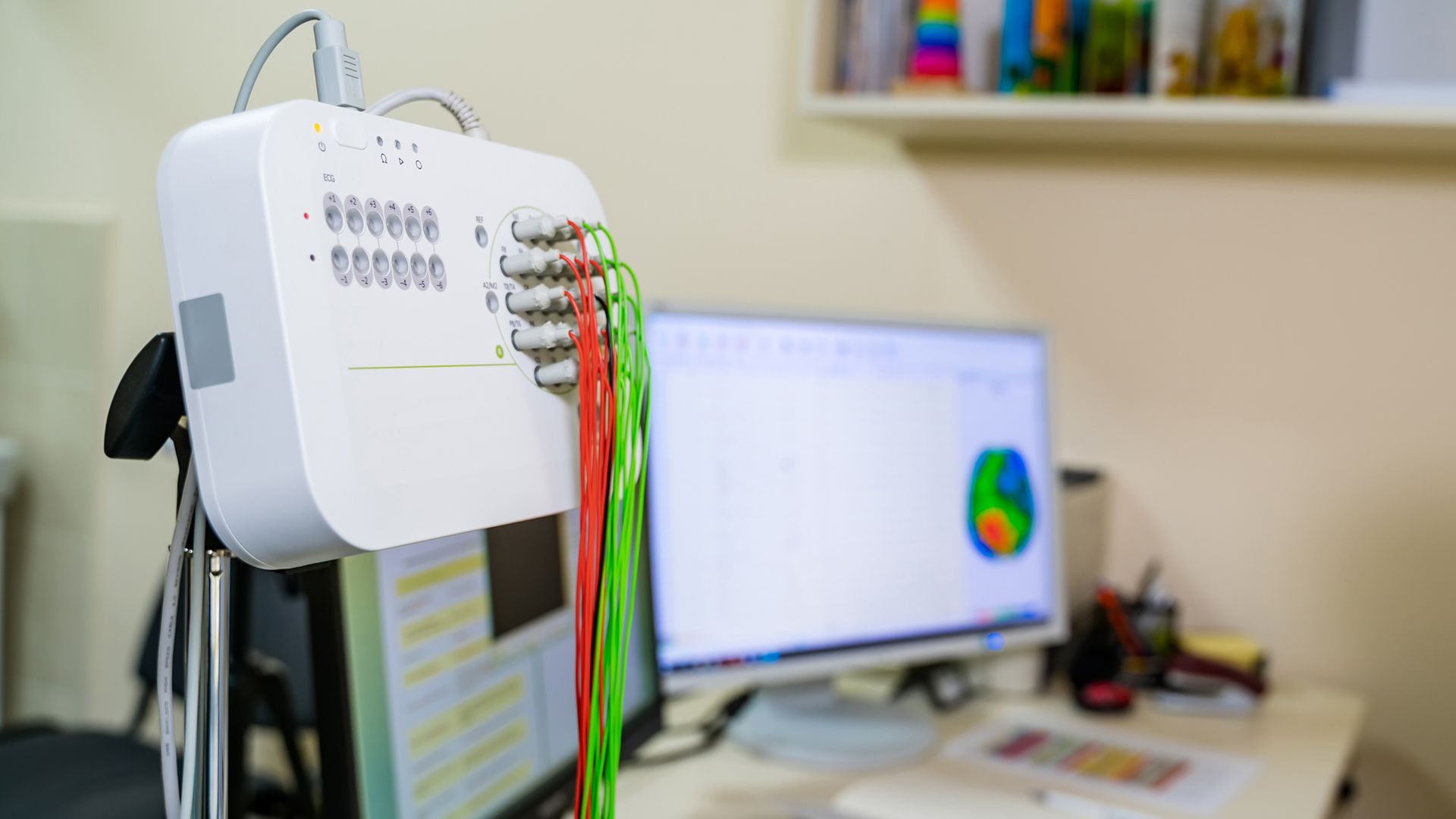Epilepsy is a neurologic condition that causes reoccurring seizures—episodes of abnormal electric discharge in brain cells that can cause sudden changes in movement, behavior, and sensations.
Like many neurologic conditions, epilepsy is not fully understood. But knowledge of the condition has improved greatly—especially in recent years—leading to new therapies and medications, with more under development.
Antiepileptic drugs (AEDs) remain a mainstay of treatment. These are medications that work by altering electrical activity or chemical signaling in the brain (though in some cases, the mechanisms of how AEDs work is unknown).
Having more treatment options is helpful to anyone with epilepsy. Not every therapy works for every person. Having more treatment options can also make it a little bit overwhelming when making treatment decisions. Or, it can have you wondering why your healthcare providers are recommending one medication over another.
Here, we look at some of the factors that people with epilepsy, parents of children with epilepsy, and healthcare providers who treat epilepsy will consider when choosing a medication.
The type of seizure
Some of the most important factors to consider when choosing a treatment for epilepsy are the type of seizures a person is experiencing.
- Generalized seizures. These are seizures that involve both hemispheres of the brain. These are typically treated with broad spectrum antiepileptic drugs. As their name implies, broad spectrum AEDs can be used to treat a broad variety of seizure types.
- Focal onset seizures. These are seizures that originate in one part of the brain. These can be treated with narrow spectrum AEDs.
- Unknown onset seizures. Sometimes the part of the brain where the seizure originates is not known. Broad spectrum AEDs can be a good choice in these circumstances, because they can treat a variety of different seizure types.
Some people can treat epilepsy with one medication, while others find success with a combination of medications. It’s common to adjust dosages and try different AEDs before finding an approach that works. This is true for both adults with epilepsy as well as children with epilepsy.
Risk and frequency of seizures
In many cases, healthcare providers will begin with the lowest dose possible, then slowly increase the dosage until the medication is effective. This can help minimize and avoid side effects.
However, this may not be the best approach for every person. Someone who is experiencing frequent seizures may need to begin with a higher dosage that is more likely to get seizures under control more quickly.
Beginning a medication at a higher dosage may also be necessary if a person cannot afford to take time away from work or other responsibilities.
Potential for non-adherence
Another factor that you and your healthcare providers should discuss—will you (or the person you are caring for) be able to take this medication as directed?
There are many different reasons a person may find it difficult to take a medication consistently. Having epilepsy and experiencing seizures can make it difficult to follow a routine day to day. Dosing instructions can be complex. Prescriptions can be expensive. Pills can be difficult to swallow.
One of the best things you can do—identify any difficulties you have following your treatment plan, identify them as early as possible, and talk about them with your healthcare provider.
Risks, medical history, and drug interactions
Before beginning any medication, discuss the risk of side effects with your healthcare provider. In most cases, side effects are mild, but in some cases, side effects can be more serious.
You should also discuss your health and medical history, including:
- Any other conditions you have, including mental health conditions such as depression and anxiety.
- If you have ever experienced thoughts of self-harm or suicide. Notify your healthcare provider immediately if you experience these thoughts.
- Any medications you have taken in the past, and any that you are currently taking (including medications for other conditions, over-the-counter medications, vitamins, and herbal supplements).
- If you are pregnant, planning on becoming pregnant, or if there is a chance of an unplanned pregnancy (some AEDs can cause birth defects).
- If you have migraines—certain AEDs may help treat migraines as an additional benefit.
- How often you will need blood work. AEDs can affect blood cell counts and internal organs, and blood tests will be needed for monitoring.
You should also discuss what to do if medications are not effective. While many people with epilepsy find success with AEDs, many do not. Fortunately, there are other treatment options available as well.





